Confidentiality v. Privilege
What’s the Difference?

While you may hear the terms confidentiality and privilege used interchangeably, they have distinct meanings and applications.
Confidentiality
When lawyers use the term confidentiality, he or she is referring to information that a client gives them during a meeting, phone call, or other form of communication which is expected to be held in confidence. This confidential information is actually an ethical rule in which lawyers are obligated to follow during representation and in some instances—beyond the time of representation. In other words, confidential information is a rule that applies to lawyers when handling client information and is not applicable only in the courtroom.
If the rule of confidentiality did not exist, then clients would likely not feel comfortable in discussing sensitive (or even incriminating) topics with their lawyers. This would have a detrimental effect on the relationship between lawyers and clients and would likely have a negative impact on the outcome of legal cases whether criminal or civil in nature. It is this confidentiality rule that allows clients to speak openly and honestly with their lawyer.
Privilege
The term privilege is short for the commonly used phrase “attorney-client privilege” which refers to the evidentiary rule that prohibits evidence that is protected or privileged information between a lawyer and their client from being admitted in court. This rule only applies during court proceedings and is not applicable during out of court proceedings such as consultation or mediation. Now this does not mean that information is not protected outside of the courtroom. This simply means that the specific rule of privilege does not apply.
This rule must be invoked by the representing lawyer in the courtroom for it to protect the desired information. Lawyers invoke this rule by objecting to the information being presented to the court. If the lawyer does not object, then the information can be admitted. Sometimes objections are made and overruled by the court and sometimes the objection is sustained. For this reason, information that clients believe is privileged could still be admitted if the court decides it does not rise to the level of privileged information.
Conclusion
It is important to know that while information is entrusted to your lawyer, and there may be an overlap between confidentiality and privilege, there is a distinct difference between when each applies. Knowing the difference can help clients better understand and communicate with their lawyers.









